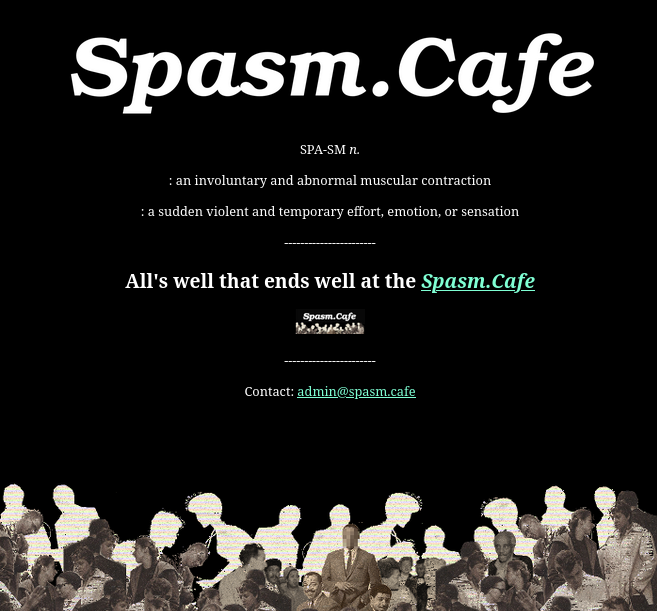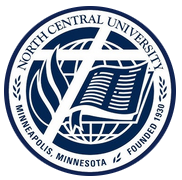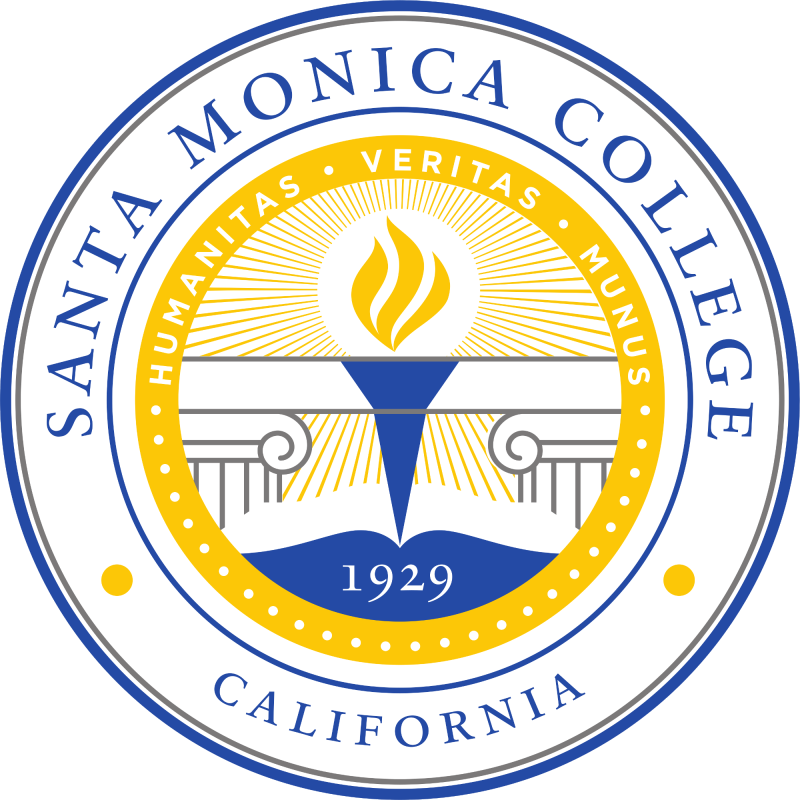- finalqf.com web-based financial modeling (in progress)
- django, mysql, nginx, data system architecture
- spasm.cafe jazz-themed web forum
- xenforo, nginx, postfix, graphic design
- davidthebookbinder.com website for local bookbinder
- html, css, nginx


Hello, my name is Dominic. I received my B.S. in Mathematics in 2024. I am beginning my M.S. in Financial Mathematics in the Fall of 2025 at the University of Minnesota. After receiving my Masters, I would like to begin a Ph.D in some topic concerning theories for asset pricing or theories for the quantum structure of the human consciousness.


Learning about the structure and history of Linux systems has greatly affected the way I view technologies. As a result, I try to be intentional about the tools and technologies I use in my workflow, so to maximize efficiency; in work and in thought.
PROGRAMMINGI do most of my programming on a 2011 Thinkpad running Linux, and my text-editor-of-choice is VIM. If VIM is unsuited for the task at hand, which happens on occasion, I will use VS Code on my newer computer so I can use various plugins for testing live-servers on web development projects, for example. For the most part, I prefer to work from the command line.
RESEARCHWhen studying Maths or other related academic topics. I prefer analog solutions -- Ticonderoga No.2 pencils and whatever paper I have lying around to work out problems and take notes. If I can get my hands on a print textbook/publication, I will do so, otherwise I keep a ReMarkable 2 for storing such files.
When I have to turn in problem sets, I prefer to work them out by hand, and then type my solutions in LaTex.
-- full stack web development (3 years)
-- server administration (3 years)
-- linux systems (6 years)
-- data modeling and data system programming (2 years)
-- graphic design (1 year)
-- email server configuration (DKIM, SPF, DMARC) (1 year)
LANGUAGESPython, SQL, HTML, CSS, Java, BASH, C, LaTEX
--MS FINANCIAL MATHEMATICS university of minnesota [2025 - 2028] Minneapolis, Minnesota (in progress)

--BS MATHEMATICS north central university [2022 - 2024] Minneapolis, Minnesota

--bemidji state university [2019 - 2021] Bemidji, Minnesota

--santa monica college [2017 - 2019] Santa Monica, California

-- piano, guitar
-- bookbinding
-- cooking
I have always been interested in Mathematics. As a toddler, I would watch my older sister as she worked out her Math homework. She was in 6th grade at the time. I don't quite remember what she was learning, though I still have a clear picture in my mind of the big-blue number 6 on the cover of her textbook.
I was allowed into Kindergarten about a year before kids generally were, at a fairly small school. Perhaps I distinguished the giraffe figurine from the elephant more readily than others. The school was so small in fact, I believe the 1st and 2nd grade students were in the same room for certain subjects. As I was in 1st grade, I suppose I'd get bored and begin to watch what was happening on the 2nd grade side of the room. After the year, I suppose I had learned all of the first and second grade material concurrently so my teacher had suggested to my parents that I go to the 3rd grade in some parent-teacher conference. For whatever reason, my parents left the decision to skip the 2nd grade up to 6 year old me, and for whatever reason, I decided to go to the 3rd grade.
When I got to 3rd grade, I was quite pleased to find that two of my best friends had also skipped the 2nd grade (my odler brother had done this 2 years prior, though I was not aware of this at the time). Perhaps the faculty at this school had some immense contentions with the state's regulations on the 2nd grade. I remember really enjoying multiplication tables, and multiplication sheets. My friends and I would race to finish them -- I remember generally winning, and spending a lot of time looking around the classroom.
I have no recollection of this, but I recently found an "essay" that I wrote in the 3rd grade after I had transferred schools for the first time. We were prompted to answer 2 questions (1) What is your favorite subject in school? (2) What is your least favorite subject? My response was as follows: My favorite subject is multiplication tables, and my least favorite subject is the number line. I was shocked to read this. After 3rd grade, I became immensely disinterested in school. I had realized that I could tangentially pay attention in class, test well and forge my father's signature on homework agendas to get C's and keep progressing through school. I am not terribly proud of my academic history, but I am fascinated by how a child, like myself, could've been so-- almost prophetically-- disinterested in school.
I continued in school as I mentioned above, and transferred a few more times. I went to 4 different middle schools, and a total of 6 schools from Kindergarten to 12th grade. I mostly got C's, and largely had a reputation of being disruptive in class. I realized after moving schools so much, the funny kids always had people's attention, so cracking jokes in class as my teacher was trying to work, was my way of making friends. I wish now that I could apologize to my teachers for the trouble I may have caused them.
Having such a distaste for school, I had no plans to go to college after highschool. I transferred to an Independent Study program my senior year of highschool, and received my diploma in the Spring of 2017 at the age of 16. I ended up going to college since my father told me to, but I thought that it was unnecessary and that schools are no place to go if you wish to learn. At the time I thought I'd end up being some vague notion of an "entrepeneur"--it was certainly in the zeitgeist of 2017.
I almost went to Art Center College of Design to study Fashion Design, but decided I'd rather study Film or Business at USC, so I went to Santa Monica College (SMC), since SMC was USC's largest feed-in school. I declared that I was a Business Major, since I had vague aspirations of becoming an entrepeneur and figured the subject was general enough to where it'd be all common sense. At SMC, my College Algebra professor, Thomas Harjuno, suggested I change my major to Maths since they "do more math" than a business major or accountant, and he noticed I liked the subject. Thankfully I took his advice. I researched "Business Uses for a Math Degree", and stumbled across the work of Jim Simons. The idea in my mind of Jim Simons, was that of a mathematician that used his degree and made a billion dollars. So, I thought: if someone could make some arbitrarily large amount of money doing something relating to "quantitative finance", it shouldn't be that hard for me to make 60,000$/yr. This number 60,000$ was important to me because I had heard of a study that said no dollar you make past 60,000$ has any effect on your quality of life.
Of course this story is full of all sorts of naivety, but it sort of sums up where I am currently-- perhaps unfortunately:
I will say, as I have been learning more about the history of modern financial markets, and the study of relevant maths and physics, I'm suprised just how bound together the two fields are (e.g. Bachelier's Theory of Speculation (1900) used by Einstein in 1905 to model pollen movement, and later to aid Black and Scholes in their option-pricing efforts).